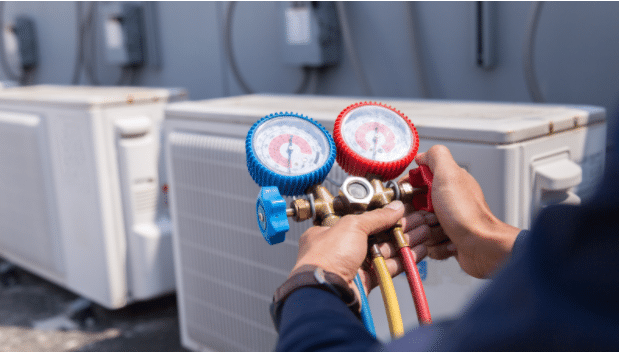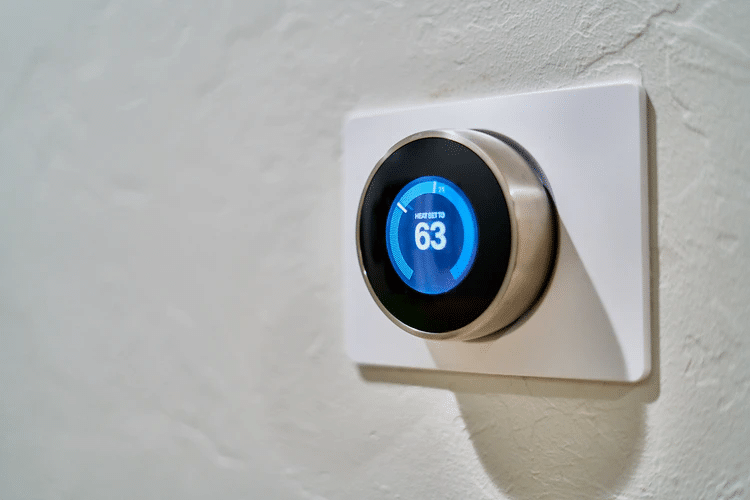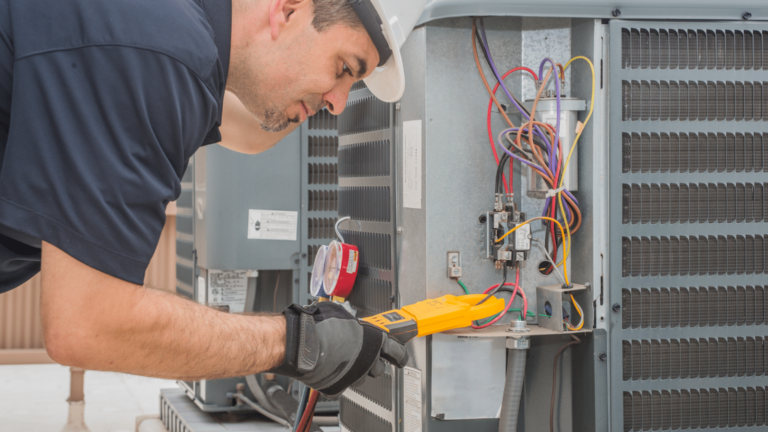What Does BTU Mean?
If you’ve been browsing around your local home improvement store, then there is no doubt that at some point or another, the letters BTU have come into play. But what exactly does this mean? A radiator’s BTU rating will tell us how much warmth it can emit and act as an easy way of deciding if they’re suitable for our space needs, neither too hot nor cold.
What is BTU?
BTU stands for British Thermal Units. The term “BTU” has been used since the 1800s to describe how much energy is required for heating or cooling. A BTUs rating can be found on both home appliances like air conditioners and furnaces and commercial ones such as an electric company’s power plants that produce heat from burning coal inside them.
Here are some everyday things that use this measurement.
- Air Conditioning
- Heating
- Fuel (Propane Appliances)
- Cooking
- Steam Power
Is higher or lower BTU better?
It is important for those who want to save money on their energy bills to know the amount of BTUs required for different room sizes. For larger rooms, you will need more power or more BTUs.
According to Appliance Analyst, when determining the BTU rating, here are some things to consider:
- Your Climate. The thing to understand about air conditioners is that they operate relative to the outside temperature. An AC doesn’t just ‘get’ the coolness you want – it’s battling against the outdoor temperature. So the hotter it is outside, the more power (in BTU) your unit needs to fight against that. In short – hotter climates demand higher BTU ratings.
- Room Height. Area isn’t everything. The taller a room, the more volume you need to cool. If your ceilings are extra tall (above 8 feet), add around 10% more BTU to your requirement.
- Direct Sunlight / Shade. If you’re looking to cool a room that’s right in the sun, you’ll need another 10% boost to your BTU. Make sure to keep your curtains closed to block any direct sunlight on a hot day. If it’s mainly in the shade, you can take 10% off instead, but do it conservatively.
- Insulation. The following few points all relate to how quickly you lose heat. Insulation is the #1 factor for heating/cooling efficiency. If you have insufficient insulation, don’t add anything to the power you need. Instead, add to your insulation! Insulation will always get you the biggest return on the dollar.
- Windows. Windows naturally let heat out/in more than a wall. Large windows may need a power boost – especially if they’re drafty and not double glazed.
- Outside Walls. Quite self-explanatory here – if you’ve got exterior walls in the room, you’ll be dealing with more outside temperature input.
- Occupancy. People produce heat, which contributes to the heating/cooling you need. Not only from our bodies, but from the electronics we’re always using these days, too. If more than two people usually occupy the room, we recommend adding around 600BTU per extra person.
- Kitchen. Trying to keep a kitchen cool while cooking is a monumental task. If you want to battle the heat, add an extra 4,000 BTU to your cooling requirement. The good news is you can always buy a powerful unit and run it on low when you’re not cooking up a storm.
It’s important to have your AC system checked regularly to extend your unit’s lifespan and ensure you have the proper unit for your space. The VIP Protecion Plan from Air Rescue is designed with these needs in mind. Whether you have one unit or many units at your business, this plan will ensure that all equipment is well-maintained by our expert technicians, who know how to get the job done right! Contact us today!




